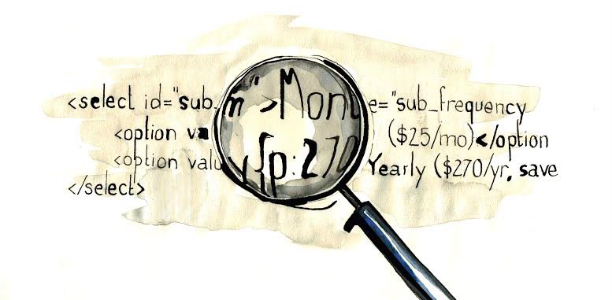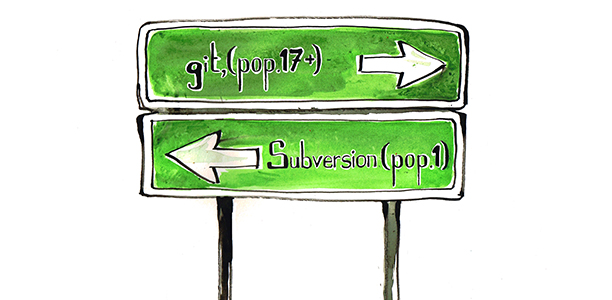
“To tell somebody that he is wrong is called criticism. To do so officially is called testing.” – Unknown
I joined the FoxyCart team in 2011 as a junior developer, but eventually moved into the role of QA Manager. QA wasn’t ever something I thought I was good at, but over time, I have become more experienced in this area.
Being able to work as a developer and tester has given me the opportunity to observe and learn from both worlds. My self respect as a developer and criticism as a tester has been incredibly helpful in putting myself in someone else’s shoes and experiencing what they feel.
Here are some of the key points from my experiences and what I have learned from them:
Assumption is not an option.
This is the first and most important rule of the game. Never make an assumption, because after all, this is probably one of the reasons a bug has ended up in the code in the first place.
Big bugs. Small details.
“If you don’t care about quality, you can meet any other requirement.”
– Gerald M. Weinberg
QA is not just about big bugs, but equally about the small details. It’s the small details that affect your users’ experience and influences their decision making.
Have you heard people debate about something they think is better but they can’t give a solid argument in its favor? They just like it. For example, Apple vs Android fans. You will hear a lot of Android lovers talk about its countless features, customization options, and great hardware specs while Apple fans say….”it just works” 🙂
There is something in Apple’s marketing, product experience, simplicity, and design, that is invisible, yet powerful enough to make people want their product without worrying about “features”. These invisible small details create a great user experience and are the Q in QA. Pay close attention to both. Consider the small details, and craft your product.
From field labels in our sign up form to app performance and UI, we discuss everything here at FoxyCart. We work hard to minimize friction for our users, as much as we can. This is one of the many things I love about FoxyCart! Each team member participates in almost every major decision that affects our users directly (or indirectly) by providing feedback/opinions/thoughts. This ranges from decisions on design, marketing, support or anything else. This approach has not only helped us to make better decisions for our users but also has been incredibly helpful for our own learning experiences.
Finding a bug is a blessing. Seriously.
Wait, what?! In this era of social media, where word of mouth spreads like a forest fire, a bug could potentially cause damage to my company’s or product’s reputation!
Yes, I agree, but the good news is that you found it before damage could be done. Since you already know what to fix, you are one step ahead.
Many times, developers don’t like it (or even get annoyed) when someone points out a mistake (or reports a bug) in their work. This attitude has to change. Developers have the great responsibility of adding value to a user’s experience. If someone helps in finding something that needs improvement, it’s a win for everyone. Even though it may be a small issue compared to the bigger priorities left to tackle, this will give the developer a good understanding of what improvements are needed. He/she can then better communicate what the top priorities are to users.
What about you?
How is QA accepted within your team? What impact has QA had on your product and users? Please comment below.
Please join me next week as we continue our discussion on the importance of QA and how it can benefit your company/product.
UPDATE: Read QA – The First Impression (part 2) here.



